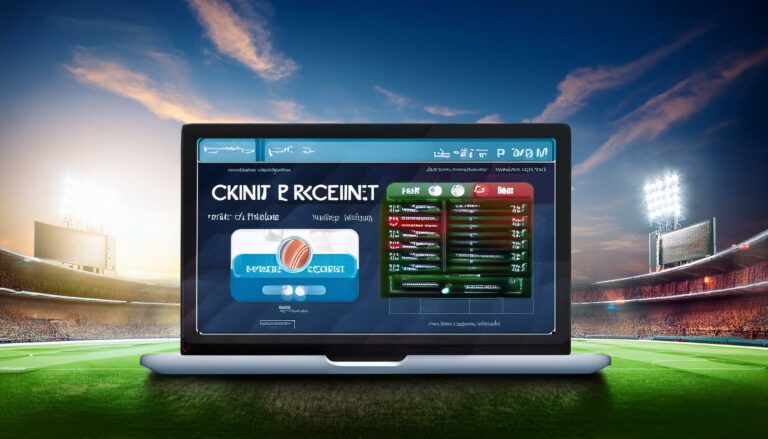Leveraging Geolocation Targeting for Localized Advertising: Tigerexch, Golden77.com, Sky 99 exch
tigerexch, golden77.com, sky 99 exch: Leveraging Geolocation Targeting for Localized Advertising
In today’s digital age, personalized and targeted advertising has become the norm. Brands are constantly looking for ways to reach their audience in a more localized and relevant manner. One of the most effective strategies for achieving this is through geolocation targeting. By leveraging geolocation data, businesses can deliver tailored ads to consumers based on their location, increasing the chances of engagement and conversion.
What is Geolocation Targeting?
Geolocation targeting is a marketing strategy that uses location data to deliver personalized ads to consumers based on their geographic location. This can be done through GPS data from mobile devices, IP addresses, or even Wi-Fi signals. By targeting consumers in a specific location, businesses can create more relevant and timely ads that are more likely to resonate with their target audience.
The Benefits of Geolocation Targeting
1. Increased Relevance By delivering ads based on a user’s location, businesses can make their messages more relevant and timely, increasing the chances of engagement.
2. Higher Conversion Rates When consumers see ads that are tailored to their location, they are more likely to take action, leading to higher conversion rates.
3. Better ROI With geolocation targeting, businesses can target consumers in specific locations, reducing wasted ad spend and improving ROI.
How to Implement Geolocation Targeting
1. Identify Your Target Audience Before implementing geolocation targeting, it’s important to identify your target audience and understand their location data.
2. Use a Geolocation Targeting Tool There are many tools available that can help businesses implement geolocation targeting, such as Google Ads’ location targeting feature.
3. Tailor Your Ads Once you have identified your target audience and set up your geolocation targeting, it’s important to tailor your ads to appeal to consumers in specific locations.
4. Analyze and Optimize Finally, it’s essential to analyze the performance of your geolocation-targeted ads and optimize them based on the results.
The Future of Geolocation Targeting
As technology continues to advance, geolocation targeting will only become more sophisticated. With the rise of wearable devices and Internet of Things (IoT) technology, businesses will have even more opportunities to reach consumers based on their location. By staying ahead of the curve and embracing geolocation targeting, businesses can ensure that they are delivering the most relevant and timely ads to their audience.
FAQs
Q: Is geolocation targeting only useful for local businesses?
A: While geolocation targeting is particularly beneficial for local businesses, it can also be used by national or even global brands to target consumers in specific locations.
Q: How accurate is geolocation targeting?
A: Geolocation targeting can be highly accurate, especially when using GPS data from mobile devices. However, there may be some margin of error with IP address or Wi-Fi signal-based targeting.
Q: Are there any privacy concerns with geolocation targeting?
A: Like any form of targeted advertising, there are privacy concerns associated with geolocation targeting. Businesses must be transparent about how they are using consumers’ location data and ensure that they are following all applicable data privacy laws and regulations.







